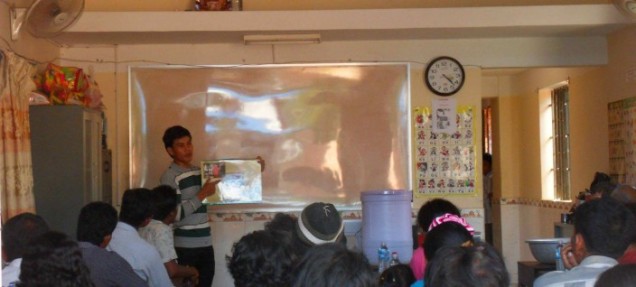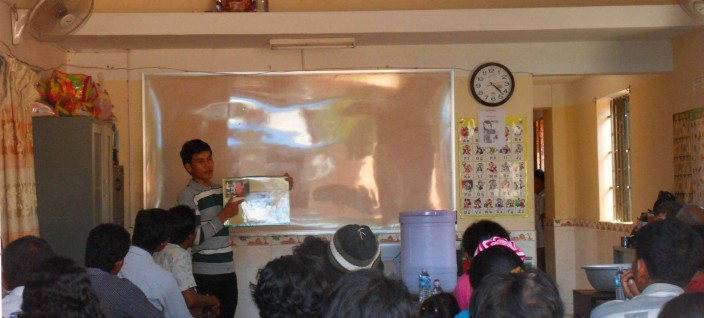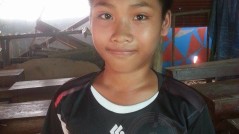Clean water is something that we take for granted in the western world, we can just turn on a tap and drink fresh clean water whenever we want. However in Som Roung Village this is not a luxury that the people have. The majority of the people have to boil water in order to make it safe for drinking; this is both time consuming and expensive to do.
At SCAO we discovered through our household survey that there is an urgent need for safe drinking water in the village. Through research we found RDI Cambodia that produces ceramic water filters that are easy to use and clean. On the 20th of May, Mr Sameth, Vibol, Sovanred, two members from the Som Roung community board and Peter from the SCOOP foundation went for a day long training session at RDI. Here they had a tour of the factory and were shown how the ceramic filters are produced and how they work. This was followed by a two hour workshop on how to present the water filters to the community of Som Roung, demonstrating how the filter works, how to clean it and the benefits it will have for a family.
The SCAO team then returned to the village and organised a meeting of the families who carried out the survey previously. It was here that Vibol gave a presentation to the families on the benefits of the ceramic water filter. On this day there were 36 people attending the demonstration, by the end of this demonstration all the 36 families said that they would get a filter. Through talks with the members of the Som Roung community board we realised that more families in the village could also benefit from the filters. Currently we are expecting to have 100 water filters installed in the village by June.
This project is being financed by our partner organisation, Pacha Youth, from America. The total cost of a single water filter is $10. $2 will be paid by the family as a subsided contribution and the remaining $8 will be covered by Pacha Youth. There are plans in the future to expand this project further to include more water filters in more households, and also to combine it with other water, sanitation and hygienic projects. As well as educational workshops on the importance of hygienic practices in the household.




